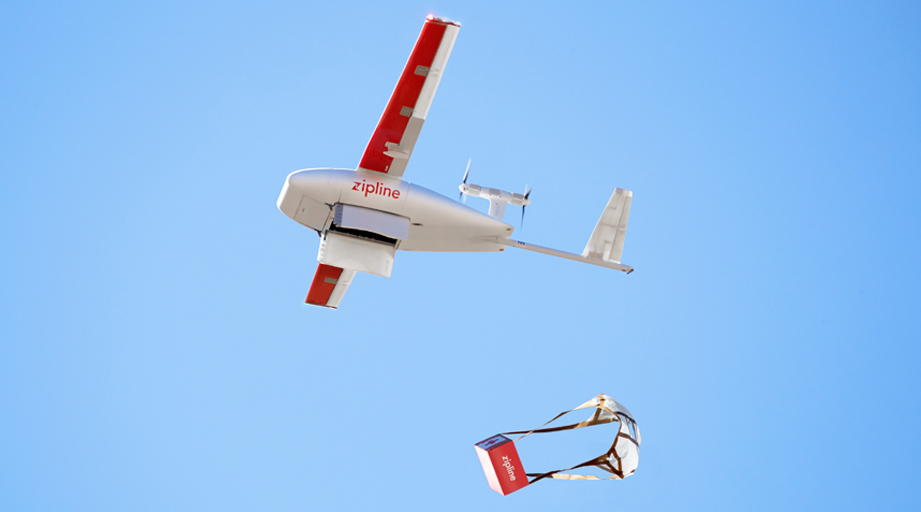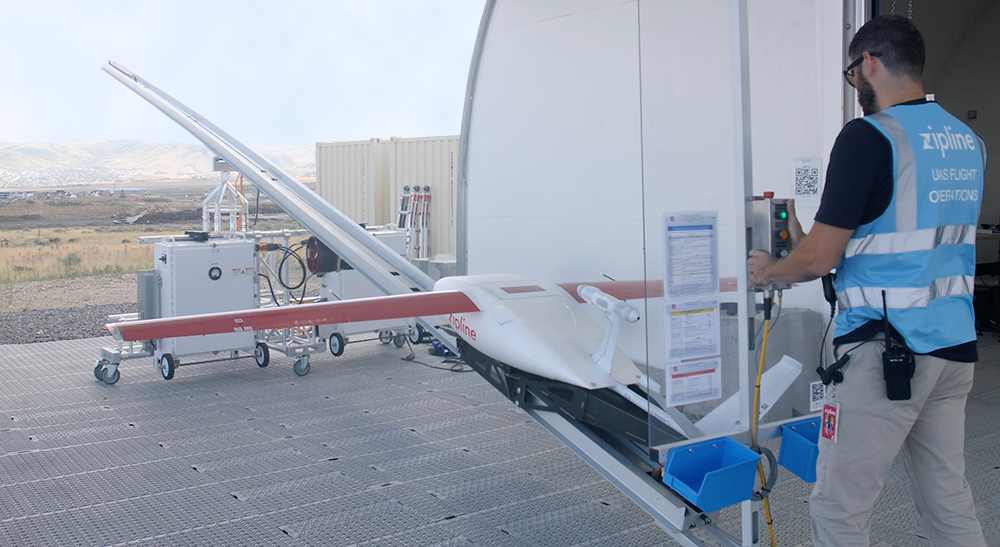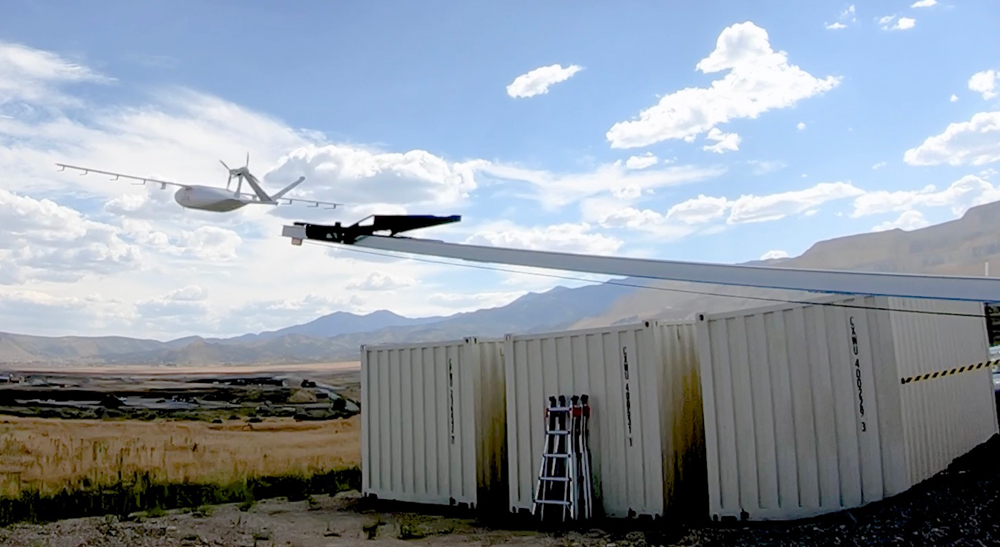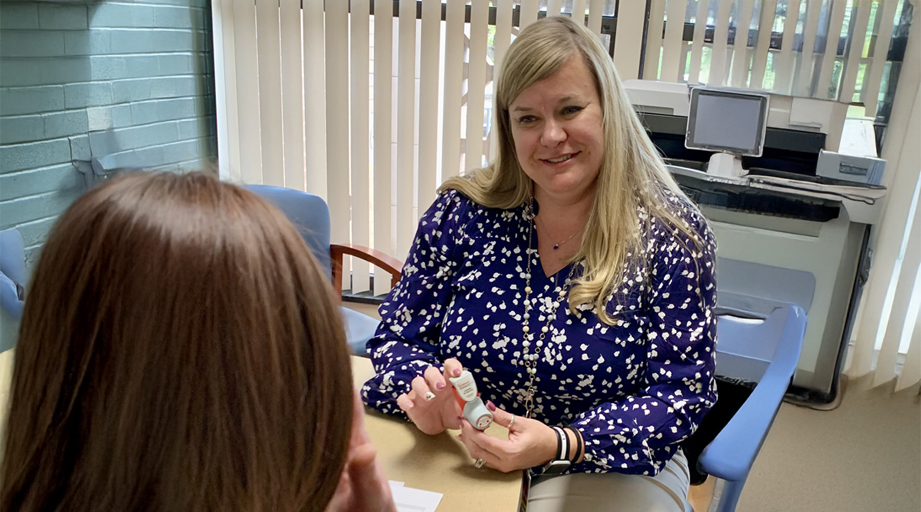
With an eye toward the future, a handful of medical centers, including Intermountain Health in Salt Lake City, Utah, have been testing drones for medication deliveries to patients.

Delivery by drone
“We’re always looking for new and innovative ways to deliver care,” said ASHP member Mason Hilton, PharmD, MBA, Intermountain’s director of pharmacy services. “This service provides a more patient-centric delivery option and allows Intermountain to navigate challenges that may arise with traditional delivery methods.”
In an ongoing pilot project that began a year ago, Intermountain’s home delivery pharmacy and specialty pharmacy have been working with a local drone company to make about five to 10 medication deliveries a month — mostly prescription refills to existing customers who live near the pharmacy.
Precise delivery times
Here’s how it works: Pharmacists with Intermountain package the medications as they would for mail order delivery, then send them by courier to a nearby “nest” of five drones. Employees with the drone company place the medications in the drone and alert customers by email that their delivery is ready. Next, the customer can use a mobile application to select a 10-minute delivery window when they can retrieve the package. The drone then launches, flies to the patient’s address, and releases the medication attached to a small parachute, which drops it slowly down to the ground.

“People like having the flexibility to schedule exactly when their package is going to be delivered,” Hilton said. “With the postal service or UPS, packages are delivered throughout the day. This service allows a precise delivery window where the patient can retrieve their medication.”
If a patient has a schedule change, they can use the mobile app to cancel deliveries up to 90 seconds beforehand. At this point, the drone will return to the nest, and employees will remove the medication and place it back in the refrigerator or other secure storage until the patient is ready to receive it.
In cases of very inclement weather like a snowstorm, the drones won’t fly, Hilton said. But as soon as the sky clears, they can resume without waiting for snowplows to clear the roads for delivery trucks.

Future uses and applications
Hilton and his colleagues are discussing additional applications to test, such as delivering laboratory tests to patients or using drones to move high-cost medications from a centralized inventory location to individual hospital pharmacies. They also hope to get an expanded certification from the Federal Aviation Administration to allow further deliveries and are looking into building a drone nest on or adjacent to the hospital campus.








